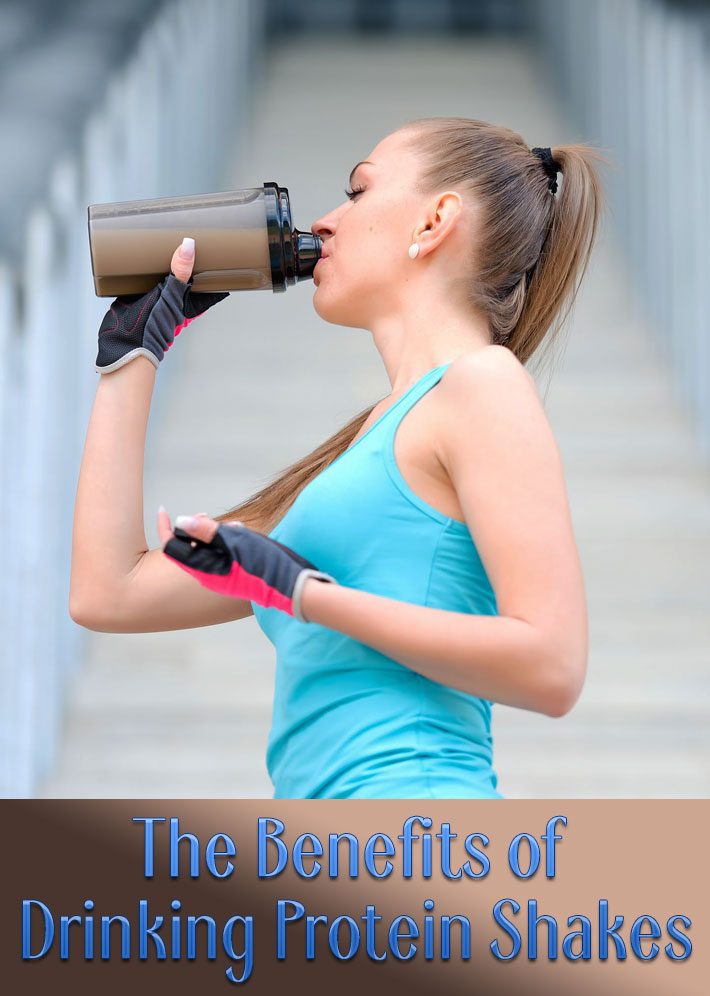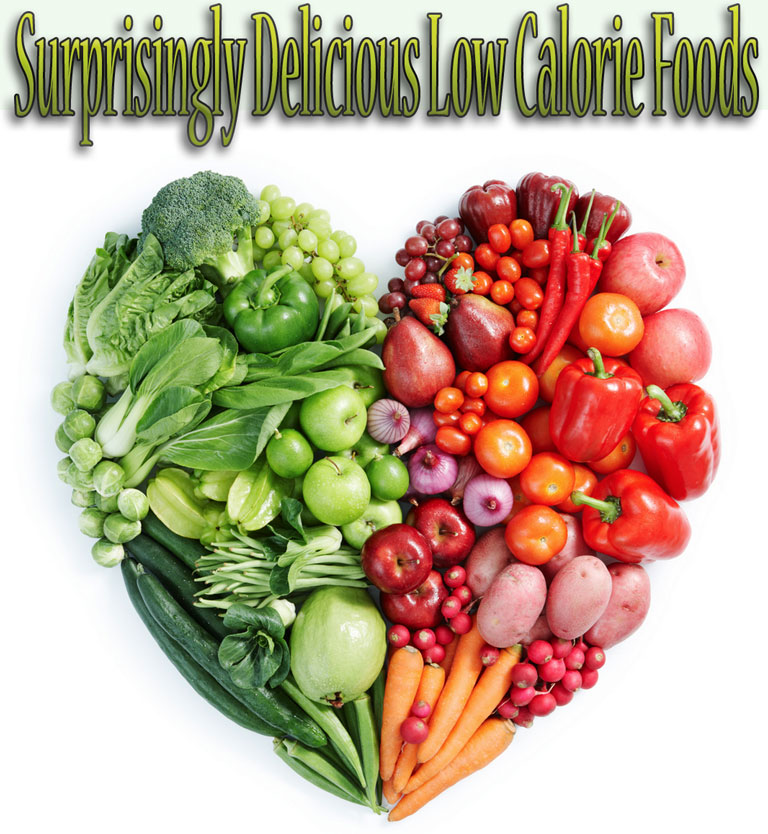
You might associate protein drinks with body builders or professional athletes but manufacturers of protein shakes are marketing their products to the general public. How do you know if protein drinks are really right for you? It depends on why you want to drink protein shakes, how many you are consuming and how often.
Increase Your Daily Protein Intake
The average adult needs 46 to 56 grams of protein per day. A study published in the “American Journal of Clinical Nutrition” published in May 2008 indicates that on average, Americans consume more protein than the recommended daily value. Monitor your daily protein intake to see if you actually hit or exceed the recommended daily intake. The bottom line is that protein shakes can be healthy if you really need them and have them in moderation as a supplement to a nutritious diet and active lifestyle.
Weight Loss
You may have heard that replacing a meal with a protein shake can help you lose weight. Katherine Zeratsky, a Mayo Clinic nutritionist, indicates that in moderation, protein shakes can help you lose or control your weight. Protein shakes suppress your appetite and can help you burn more calories since they require more energy to get digested than other foods, thus helping you maintain or lose weight. Protein shakes are also generally low in fat and contain healthy carbohydrates, but double check the label before making a purchase.
Meal Replacement

Sometimes you don’t have enough time to make a full meal, so in this case, are protein drinks a good replacement? Combined with a healthy diet, occasional protein shakes can make a good snack or meal replacement and will help you increase your protein intake for the day. They are an especially good meal replacement if you generally do not consume the recommended daily amount of protein.
Post Workout
What you eat and drink after you work out matters. To help facilitate your body’s recovery, refuel your body with protein. Liquids get absorbed by the body faster than solids, so protein drinks, especially those with whey protein, are often consumed after a workout to replenish muscles. But, if you prefer solid proteins instead, low-sodium, low-calorie meats such as chicken and tuna, eggs, and low-fat cheese are all good options.
Side Effects
In some cases protein drinks can add benefits to your diet. However, consuming too much protein can lead to nausea, kidney damage and liver problems. These issues are the result of dehydration caused by too much protein. An investigation by “Consumer Reports” indicates that heavy metals such as arsenic, cadmium, mercury and lead were found in fifteen different protein drinks. One serving a day won’t likely harm you, but the metals stay in your body over a long period of time and three servings a day can lead to dangerous levels of metal in your body.




Leave a Reply